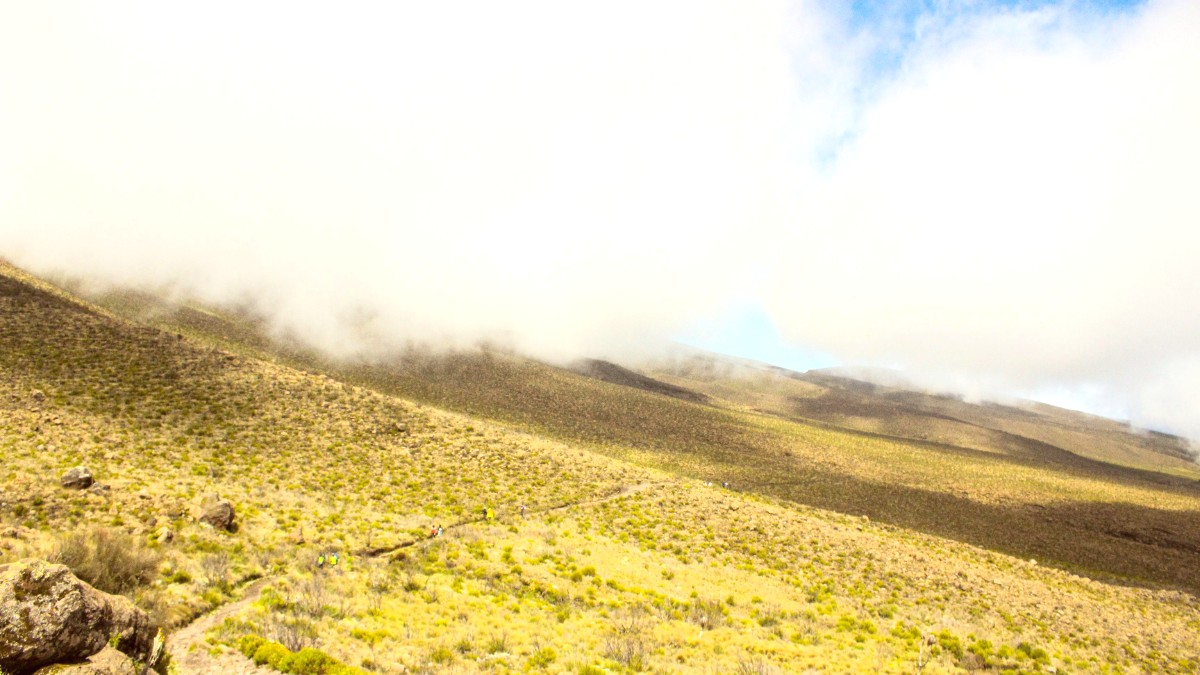
Tanzania
Vodacom, Airtel, and Tigo are the main providers. Vodacom usually has wide coverage.
Wi-Fi is available in many locations, but mobile data might offer more reliability.
Postal services are available but not commonly used by tourists due to slow delivery.
Swahili and English are official languages. English is common in tourist areas.
Maintaining connection while traveling is simple with local options and essential phrases.
Familiarize yourself with typical operating hours and financial services.
Shops: 8:30/9:00 AM to 5:00/6:00 PM (Mon-Sat). Restaurants: Lunch (12 PM), Dinner (late evening). Government Offices: 8:00 AM to 4:00 PM (Mon-Fri).
Banks: 9:00 AM to 4:00 PM (Mon-Fri), sometimes Sat mornings. ATMs: Widely available in Moshi and Arusha at banks and shopping centers.
Access independent airport lounges with Priority Pass, or claim flight compensation with Compensair.
Tanzania observes Christian, Muslim, and national holidays.
Seasonal closures are not common for services around Kilimanjaro.
Awareness of local hours and holidays assists smooth travel and financial transactions.
Cultural understanding deepens your experience in Tanzania.
Greetings are very important in Tanzanian culture.
Dress codes vary between mountain and town settings.
Observe local customs for meals and gratuities.
Always ask for permission before taking photos of individuals.
Cultural respect deepens your travel experience and fosters positive interactions.
Information regarding accessibility for travelers with varying needs.
General infrastructure for travelers with mobility challenges is limited in Tanzania.
Dedicated accessible transport is uncommon.
Limited specialized services are available for visually or hearing-impaired travelers.
Seek specialized agencies for up-to-date and tailored advice.
Planning ahead for accessibility supports a more inclusive journey for all travelers.